College of Human Sciences
Unisans granted an opportunity to learn Russian
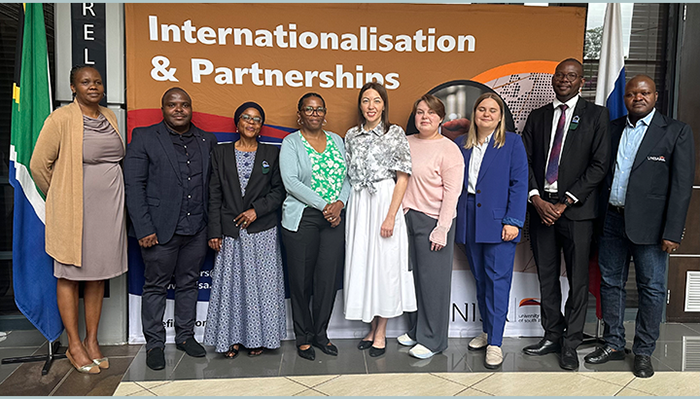
From left: Kgomotso Mabusela (Internationalisation and Partnerships), Dr Dumisani Khumalo (Dept of African Languages), Dr Francinah Kanyane (Dept of African Languages), Dr Angie Magabane (Director: Internationalisation and Partnerships), Yulia Pegova (RUDN University), Anna Dolinger (University of Tyumen), Polina Kulakova (attaché from the Russian Embassy), Dr Napjadi Letsoalo (Chair of Department of Linguistics and Modern Languages), and Godfrey Mahloko (Internationalisation and Partnerships)
The College of Human Sciences (CHS) hosted two Russian lecturers from 3 to 14 November 2025. Their visit marks a significant milestone in the implementation of a memorandum of understanding between Unisa and its Russian partner institutions.
As part of this collaboration, Yulia Pegova from RUDN University and Anna Dolinger from the University of Tyumen facilitated a workshop on basic communication skills in Russian. The CHS Executive Dean, Professor Zethu Nkosi, welcomed the visitors and all present, and officially opened the workshop.
Nkosi outlined the purpose of the workshop, saying: “This workshop aims to introduce Unisa students and staff members to foundational Russian language and cultural competencies, laying the groundwork for the upcoming short learning programme in January 2026.”
She further encouraged attendees, specifically staff members with an interest in languages, to use the opportunity as a platform to explore, learn, and conduct further research. Nkosi further emphasised the importance of support staff registering for this short learning programme to enhance their communication skills.
Thato Baloyi, a postgraduate student from the Department of Linguistics, stated that, as a postgraduate in the field of language practice and lexicography, he found the course to be beneficial. “When you are a language practitioner, you ought to be able to converse in multiple languages and proficiency in a foreign language is very advantageous,” he commented.
He further mentioned that the course has assisted him to learn his first foreign language. “This means I can now travel in Russia with ease, and I can also undertake translation between Russian and South African languages.”
Dr Dumisani Khumalo from the Department of African Languages, who visited Russia in September, said that participating in the Russian language and culture workshop had been an intellectually enriching experience that broadened his academic and cultural horizons. He further added that the course has deepened his appreciation of Russia’s linguistic and cultural identity, offering insight into how language serves as a vehicle for national consciousness and intellectual heritage.
Professionally, he said, the workshop has strengthened his understanding of cross-cultural pedagogy, particularly in how language and culture can be harmoniously integrated to enhance intercultural dialogue. “This has directly influenced how I approach the teaching of African languages, particularly isiZulu, in a global context,” he continued. “Having visited Russia in September, I witnessed firsthand the country’s remarkable balance between tradition and modernity, as well as its people’s eagerness to engage with African linguistic and cultural narratives. As I prepare for my upcoming trip in December, my expectations are grounded in further academic collaboration and cultural exchange. I look forward to exploring possibilities of introducing isiZulu as a short learning programme for Russian students, with a focus on comparative linguistic and cultural understanding.”
Pegova and Dolinger shared their experience of teaching students in South Africa. They said it had been an incredibly rewarding and dynamic experience. Pegova said she had been particularly impressed by students’ intellectual curiosity and robust engagement: “They are not just passive learners; they ask interesting questions and bring their own diverse perspectives into the classroom. This creates a rich learning environment and makes the teaching process a genuine two-way exchange.”
The two lecturers were taken on a tour of the university. They had the opportunity to visit the Unisa Art Gallery, where they could view the work of the senior students in Visual Multimedia Arts. Pegova said she was so impressed by the students' work that it moved her to tears. “I don’t know if it’s the artwork or if it is the way the curator explained in detail the meaning behind each artwork,” she said.
The Russian lecturer also shared her admiration for the incredible warmth of the South African people. She said the one thing she enjoyed was the breathtaking beauty of the South African sunset. “There is a unique, almost theatrical grandeur to the evening sky here – a brilliant canvas of tangerine, deep purple and fiery red that paints the landscape in a truly awe-inspiring light.”
Dolinger also shared her sentiments regarding the beauty of South Africa and its people. She mentioned that she enjoyed interacting with students and was impressed by how interested they were in learning the Russian language. This was Dolinger’s first experience in South Africa and Africa in general, and she said that in Russia, people don’t know much about the beauty of South Africa. “Now I know that it's not scary here at all, on the contrary, it is incredibly interesting, beautiful and warm for both body and soul,” she concluded. The lesson I'll take with me is to be open to the world, and the world will reveal something wonderful to you.”
Nkosi and Professor Siyasanga Tyali, the Director of the School of Arts, will be visiting Russia in December with other staff members to teach IsiZulu.
* By Nnana Martina Jege, College of Human Sciences
Publish date: 2025-11-19 00:00:00.0


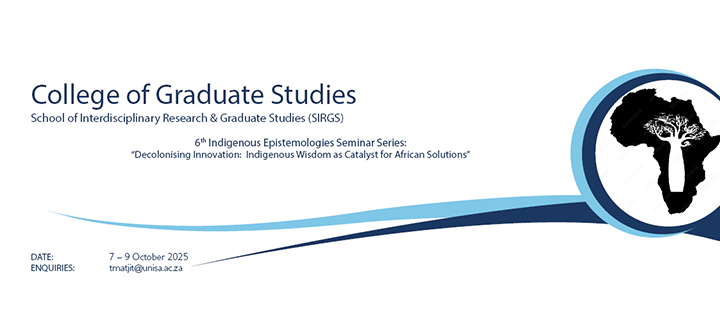 Decolonising innovation: indigenous wisdom as a catalyst for African solutions
Decolonising innovation: indigenous wisdom as a catalyst for African solutions
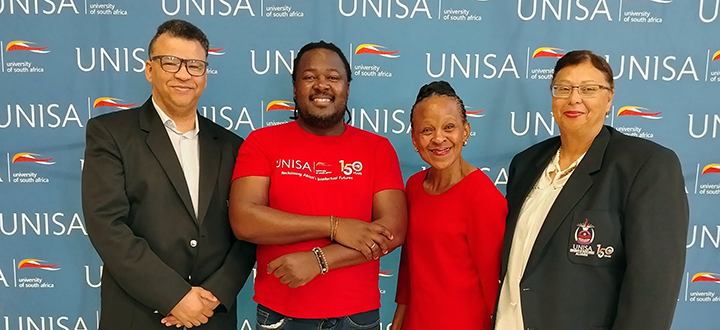 Unisa alumni inspire Elswood Secondary School learners to strive for excellence
Unisa alumni inspire Elswood Secondary School learners to strive for excellence
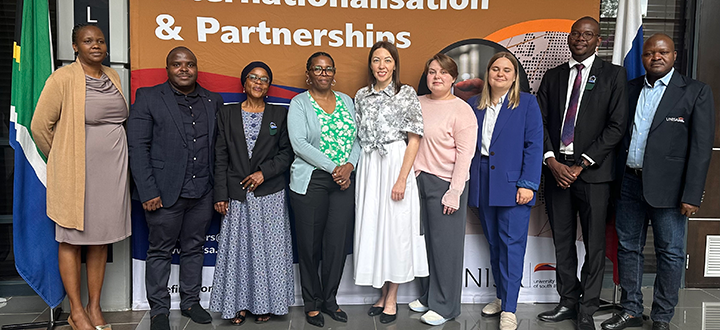 Unisans granted an opportunity to learn Russian
Unisans granted an opportunity to learn Russian
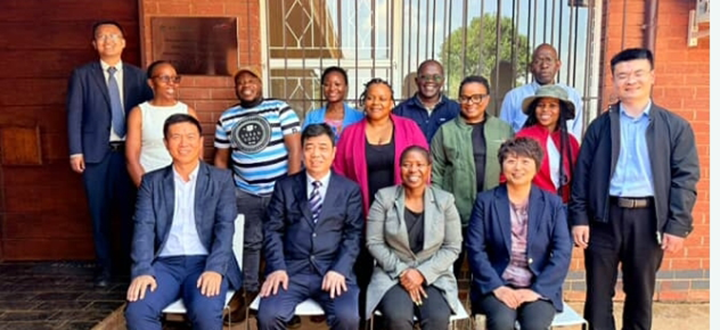 Unisa strengthens collaborative ties with major Chinese university
Unisa strengthens collaborative ties with major Chinese university
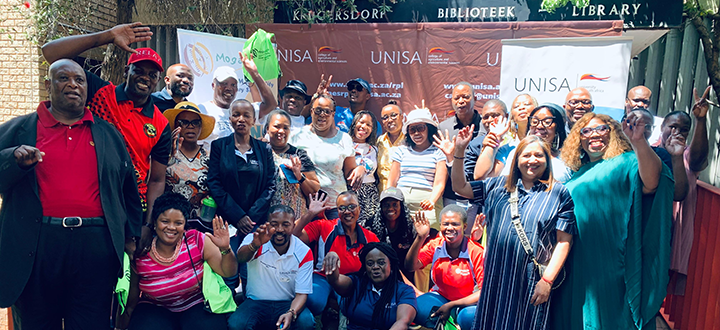 Unisa empowers Mogale City staff for career growth
Unisa empowers Mogale City staff for career growth